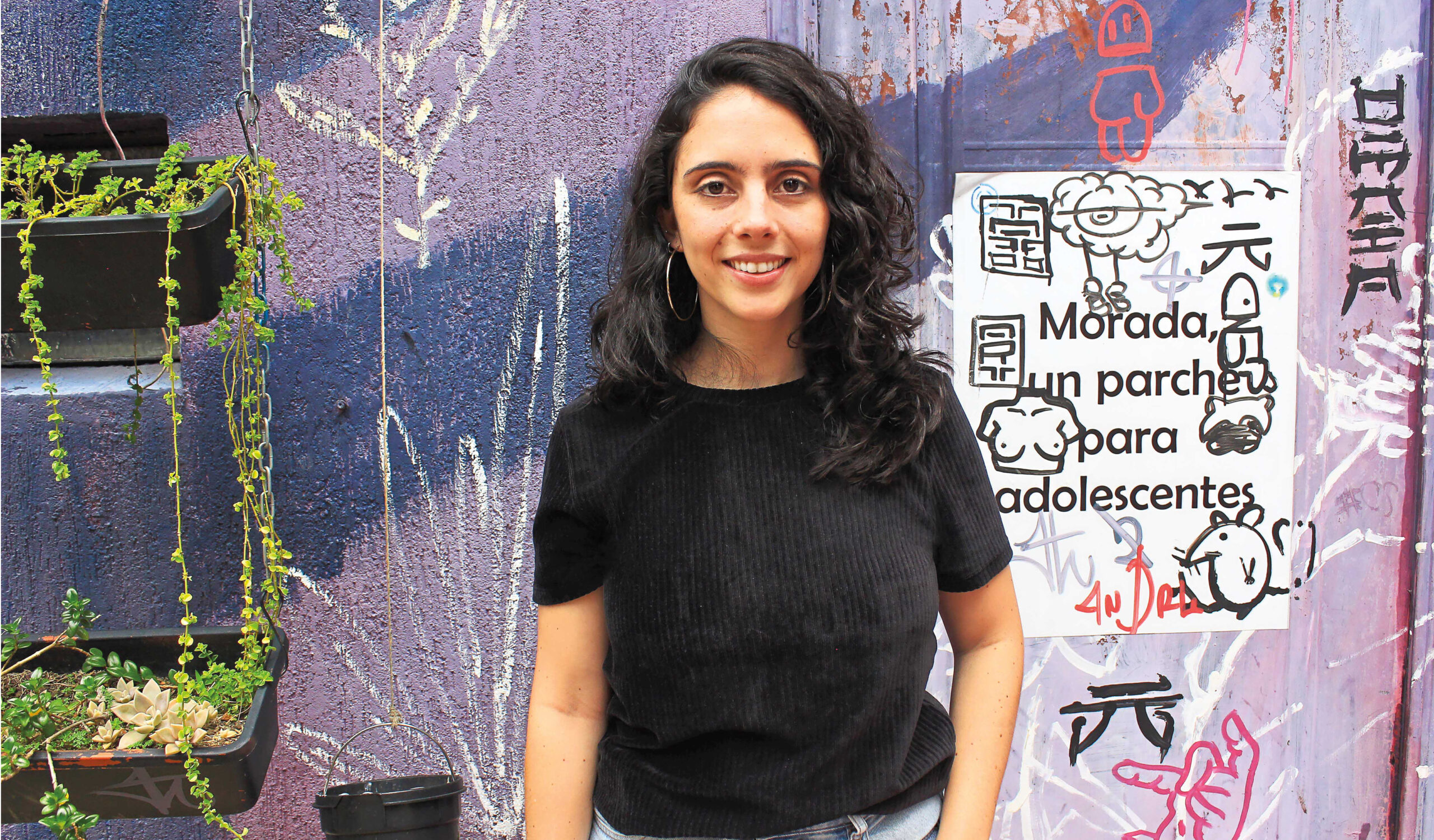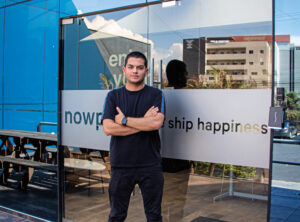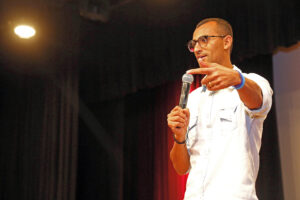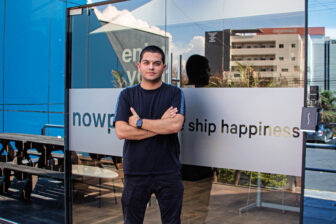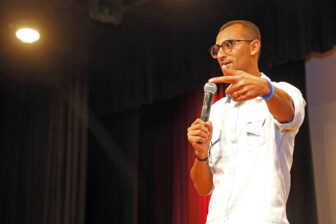This article is adapted from AQ’s special report on supply chains
Camila Uribe is a 29-year-old economist and a director at Casa de las Estrategias, a think tank in Medellín that also conducts outreach in poor areas of the city. AQ spoke with her to learn more about how her organization combines policy research with hands-on work with youth.
This interview was edited for clarity and brevity.
AQ: What is Casa de las Estrategias?
Camila Uribe: Casa is a policy research center looking at violence and youth. Recently we published a book, Ciudades Sin Miedo, in which we suggest policy initiatives to curb the high number of homicides of young people across Latin America. But we also made a decision to act on our findings ourselves and open our office in Comuna 13, a low-income neighborhood, to young people from the community. Our objective is to give them a place and tools to express themselves.
AQ: What kind of tools?
CU: We run three cultural houses we call Moradas, with a radio station, blogs, podcasts and art projects. We partner with professional journalists who guide the teenagers on the basics: searching for a topic, interviewing multiple people, how to gather information. They then create their own editorial line and search for stories in their communities.
AQ: Who are the kids at Moradas?
CU: We try to reach kids hailing from the most excluded circumstances. Some don’t study or work, many were incarcerated. We try to help dispel the myths of criminal life as cool or a sign of rebellion. We do refer them to job training or education. But our focus is to first give them a voice, to help them immunize themselves against injustice, against the tricks that life throws at them. When as researchers we sit across the table from policymakers or private-sector players, this first-hand knowledge allows us to serve as a bridge between these two worlds.


